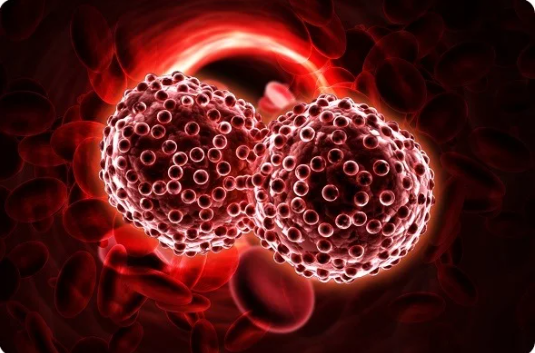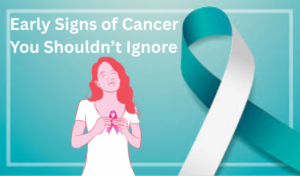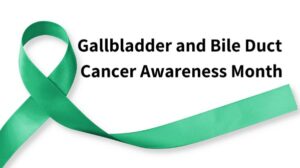Cancer is a challenging journey, and even after treatment, the question, “Can cancer come back?” often lingers in the minds of survivors and their loved ones. Cancer recurrence is a reality for many, and understanding its complexities can help you stay vigilant and proactive in your health journey. In this blog, we will explore why cancer can come back, the different types of recurrence, and practical steps to stay alert and reduce your risk.
What is Cancer Recurrence?
Cancer recurrence occurs when cancer returns after a period of remission. Despite the best efforts to eliminate the cancer, a small number of cancer cells may have survived the initial treatment. Over time, these remaining cells can grow and cause symptoms again.
The recurrence can happen in the same location where the cancer originally developed, or it can appear in a different part of the body. These cancer cells might have stayed dormant for some time, but for reasons not fully understood, they eventually start multiplying, leading to the cancer’s reappearance.
In rare cases, a completely new and unrelated cancer can develop, known as a second primary cancer. This is different from a recurrence of the original cancer.
Types of Cancer Recurrence
1. Local Recurrence: Cancer returns to the same place it originally started. For example, breast cancer reappears in the breast tissue.
2. Regional Recurrence: Cancer returns in the lymph nodes or tissues near the original site.
3. Distant Recurrence (Metastatic): Cancer spreads to other parts of the body, such as the lungs, liver, or bones. This is often considered advanced-stage cancer.
Signs to Watch For Staying Vigilant
1. Unusual Pain or Discomfort: Persistent or unexplained pain can be an early sign of recurrence.
2. Changes in Health: Unexplained weight loss, fatigue, or a persistent cough should not be ignored.
3. Lumps or Swelling: Any new lumps or swelling near the original cancer site or in other areas of the body should be evaluated by a doctor.
4. Changes in Existing Scars or Marks: For those who have had surgeries, changes in scars or new lumps in these areas should be closely monitored.

How to Reduce the Risk of Recurrence
1. Follow-Up Care: Regular check-ups and scans are crucial for early detection of recurrence. Always keep your appointments and follow your doctor’s recommendations.
2. Healthy Lifestyle Choices: Eating a balanced diet, maintaining a healthy weight, and exercising regularly can help strengthen your immune system and reduce the risk of recurrence.
3. Avoid Smoking and Limit Alcohol: Both smoking and excessive alcohol consumption can increase the risk of cancer recurrence. Quitting smoking and moderating alcohol intake are essential steps.
4. Manage Stress: Chronic stress can negatively impact your immune system. Engage in activities that reduce stress, such as meditation, yoga, or hobbies you enjoy.
5. Stay Informed: Understanding your type of cancer, its risk factors, and symptoms can help you stay vigilant. Don’t hesitate to ask your healthcare provider questions.
Living with the Fear of Recurrence
It’s natural to fear cancer’s return, but living in constant worry can affect your quality of life. Finding ways to cope with this anxiety is essential:
Connect with Support Groups: Sharing your fears with others who understand can be therapeutic.
Stay Active and Engaged: Focus on activities that bring joy and purpose to your life.
Seek Professional Help: If fear of recurrence becomes overwhelming, consider speaking with a counsellor or therapist who specializes in cancer survivorship.
Conclusion: Staying Proactive and Hopeful
While the possibility of cancer recurrence can be daunting, being informed and proactive can help you manage your health with confidence. Regular follow-ups, a healthy lifestyle, and staying connected with your healthcare team are vital steps in staying vigilant. Remember, many people live full and fulfilling lives after cancer, and with the right support, you can too.
Cancer recurrence is a complex issue, but by staying aware and engaged, you can empower yourself on your journey to long-term health and wellness.




